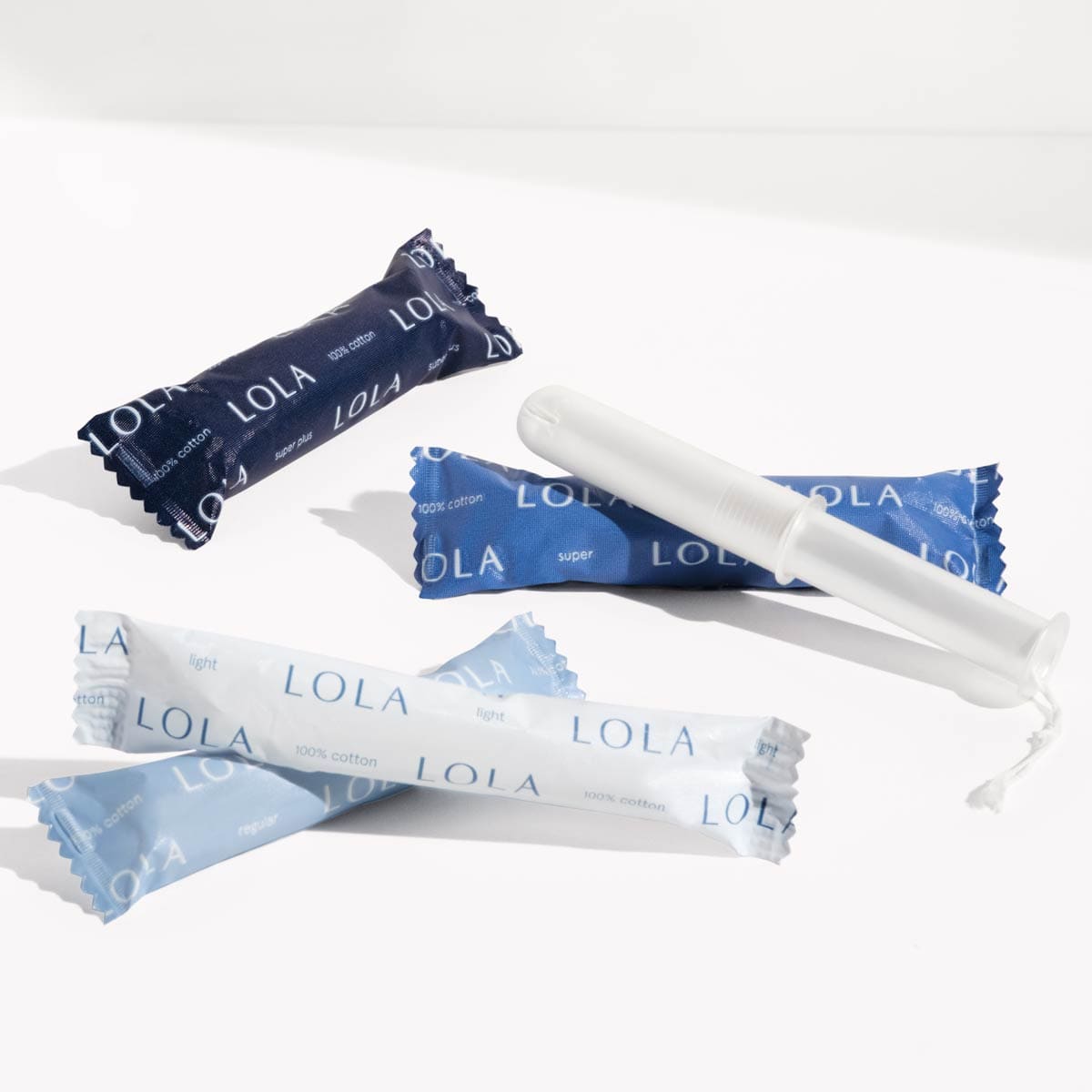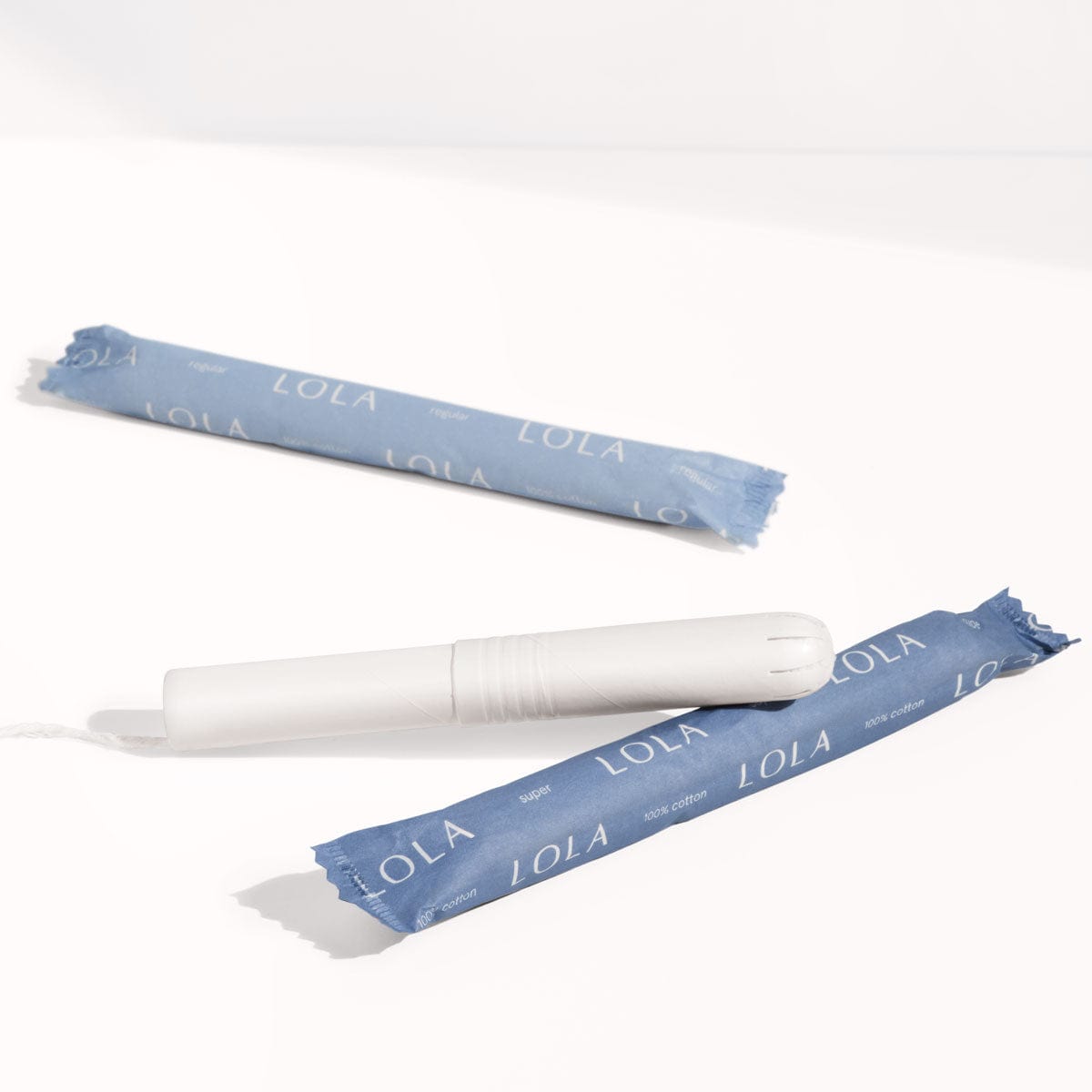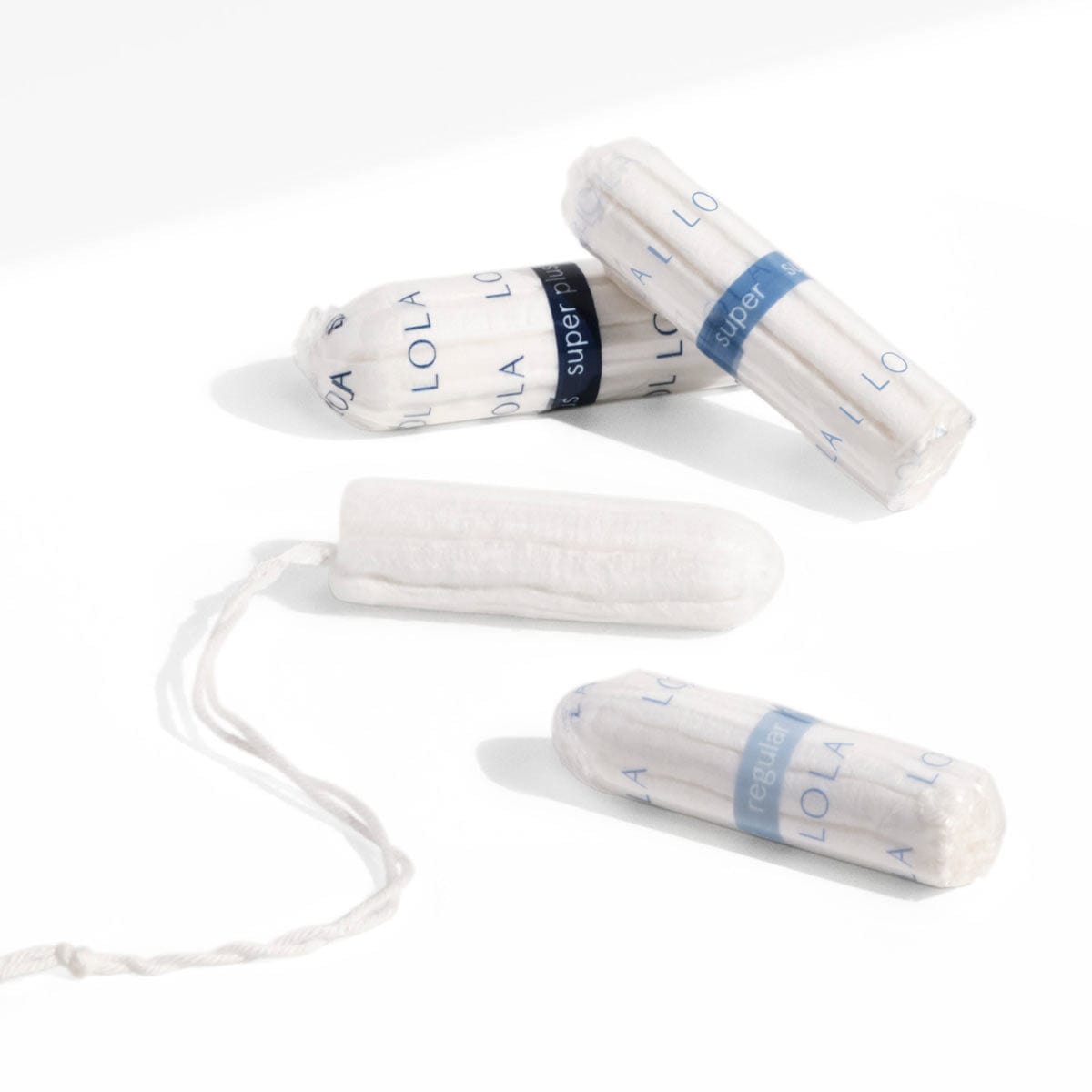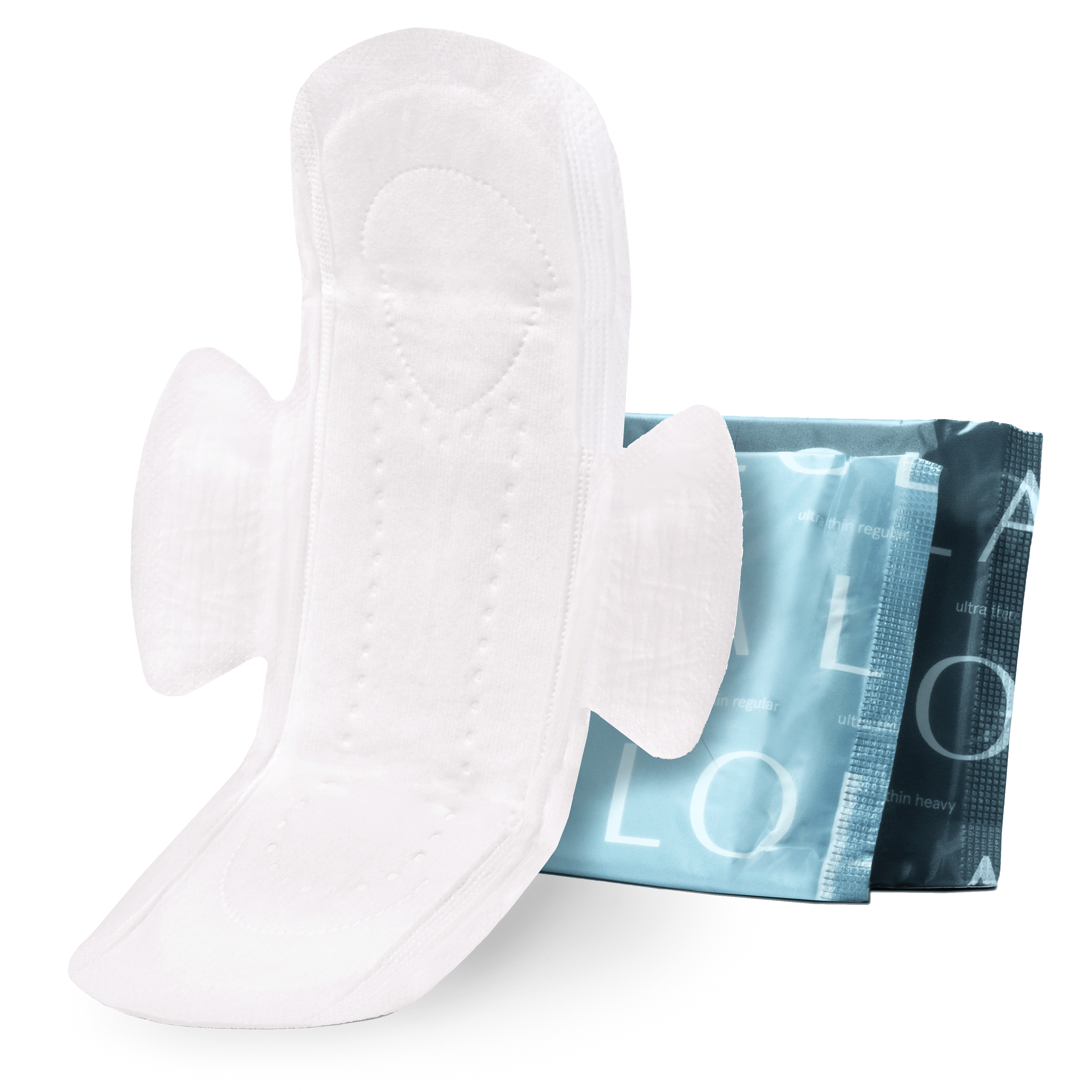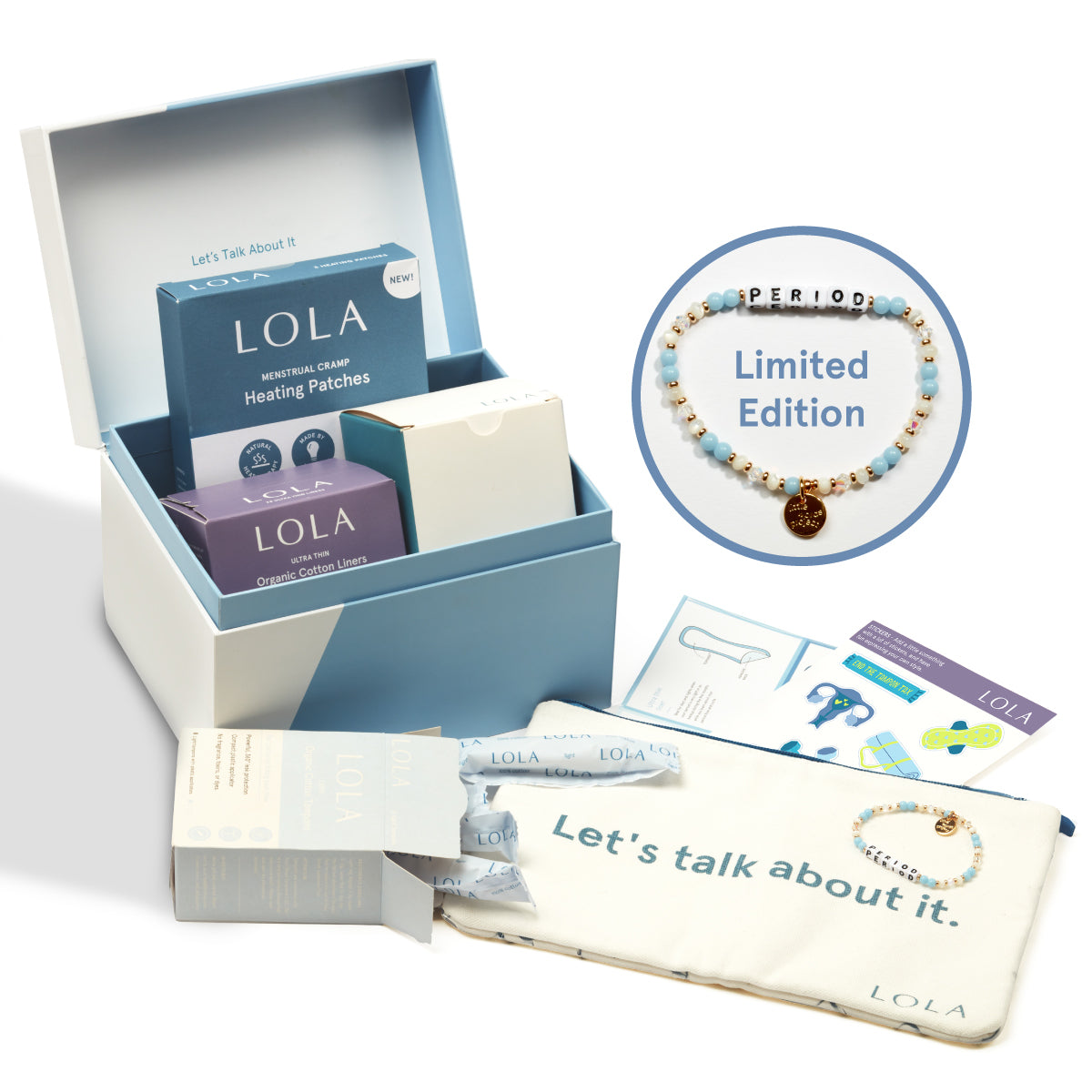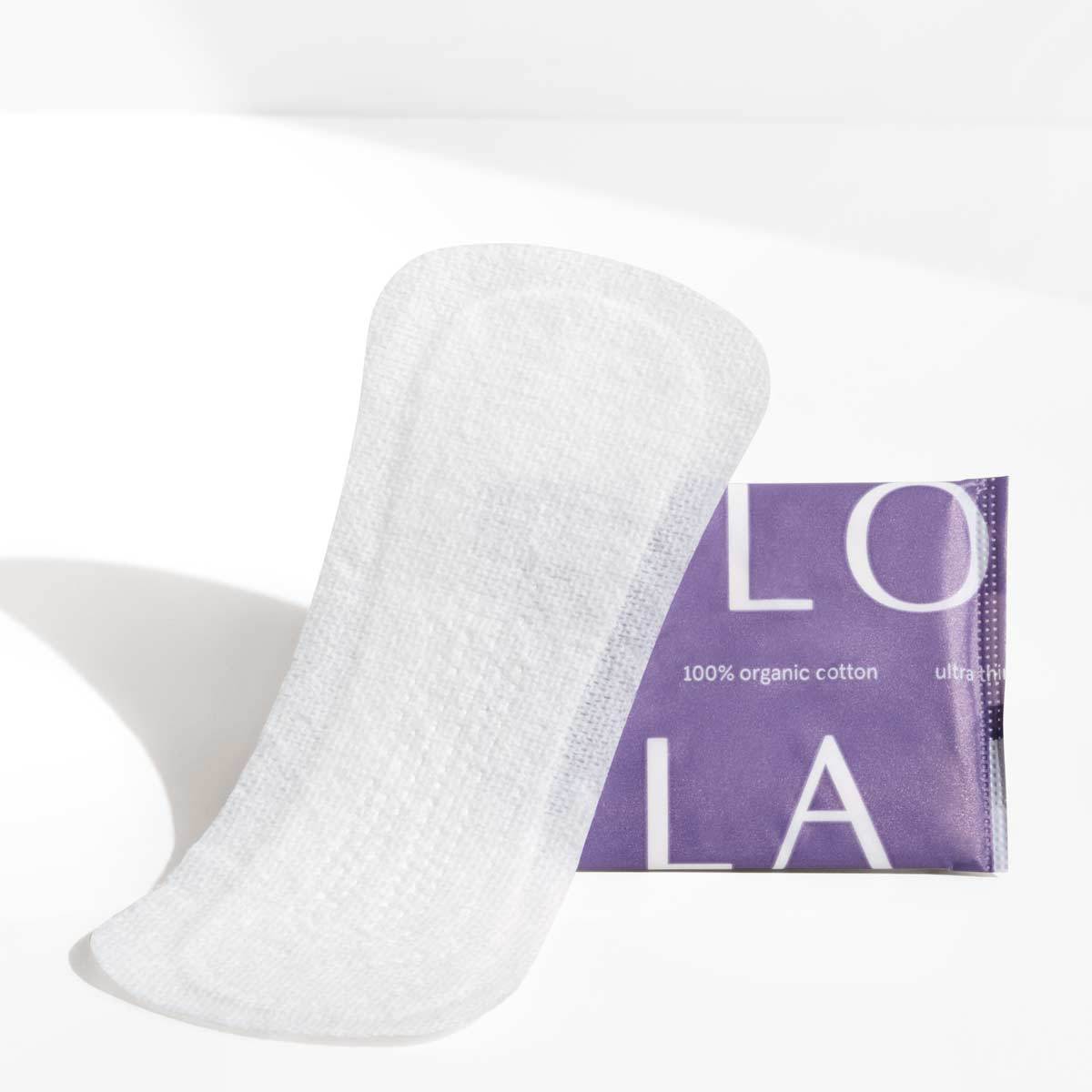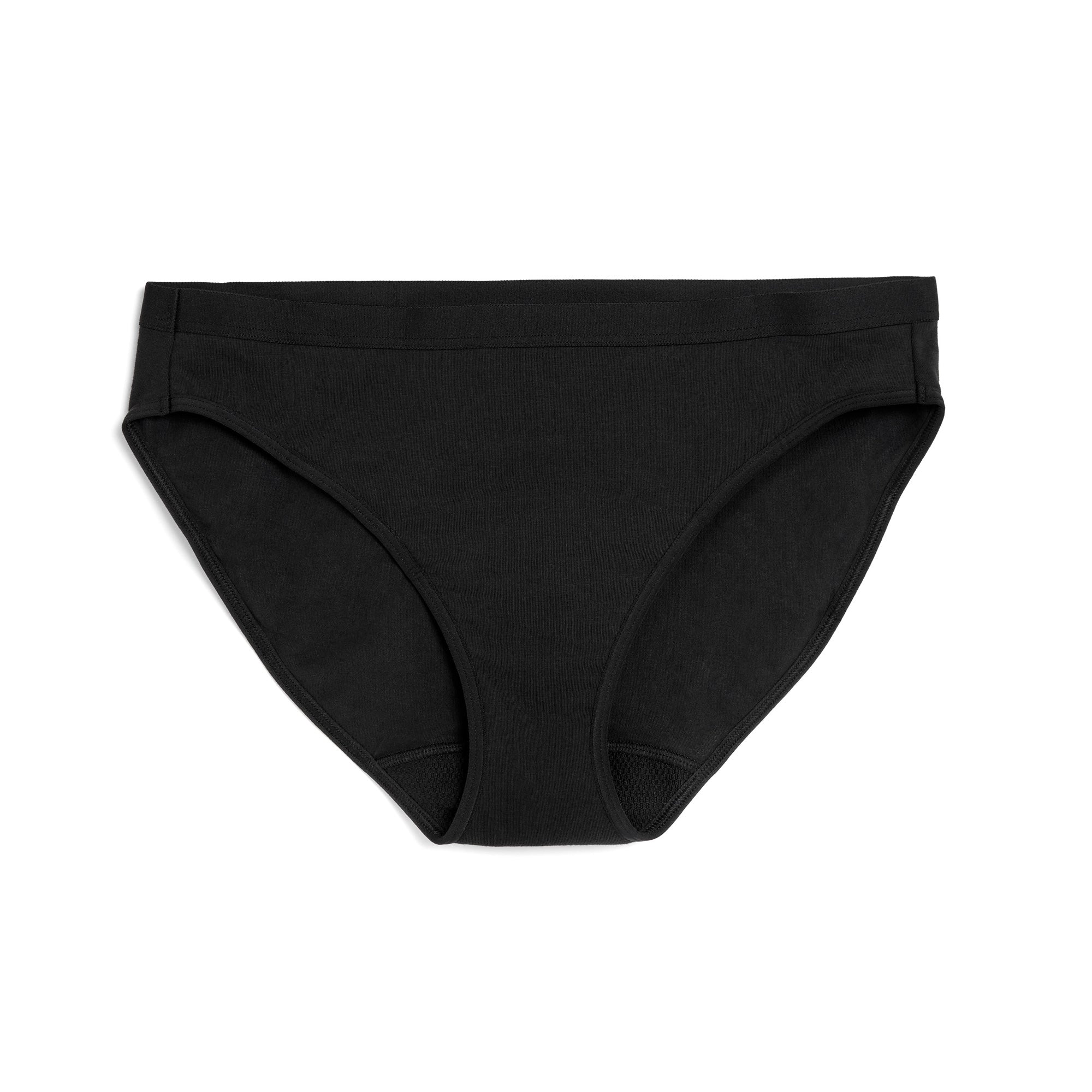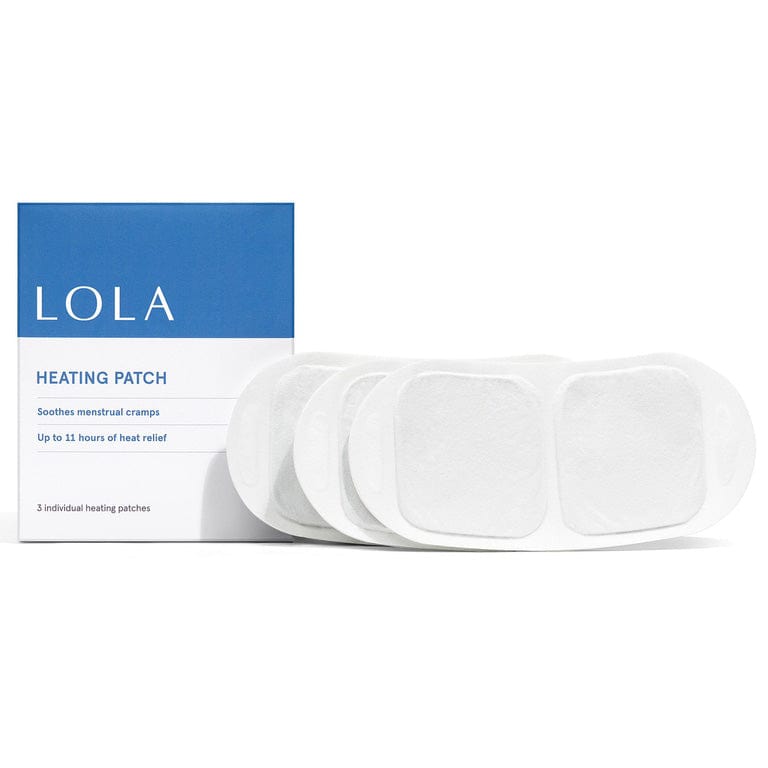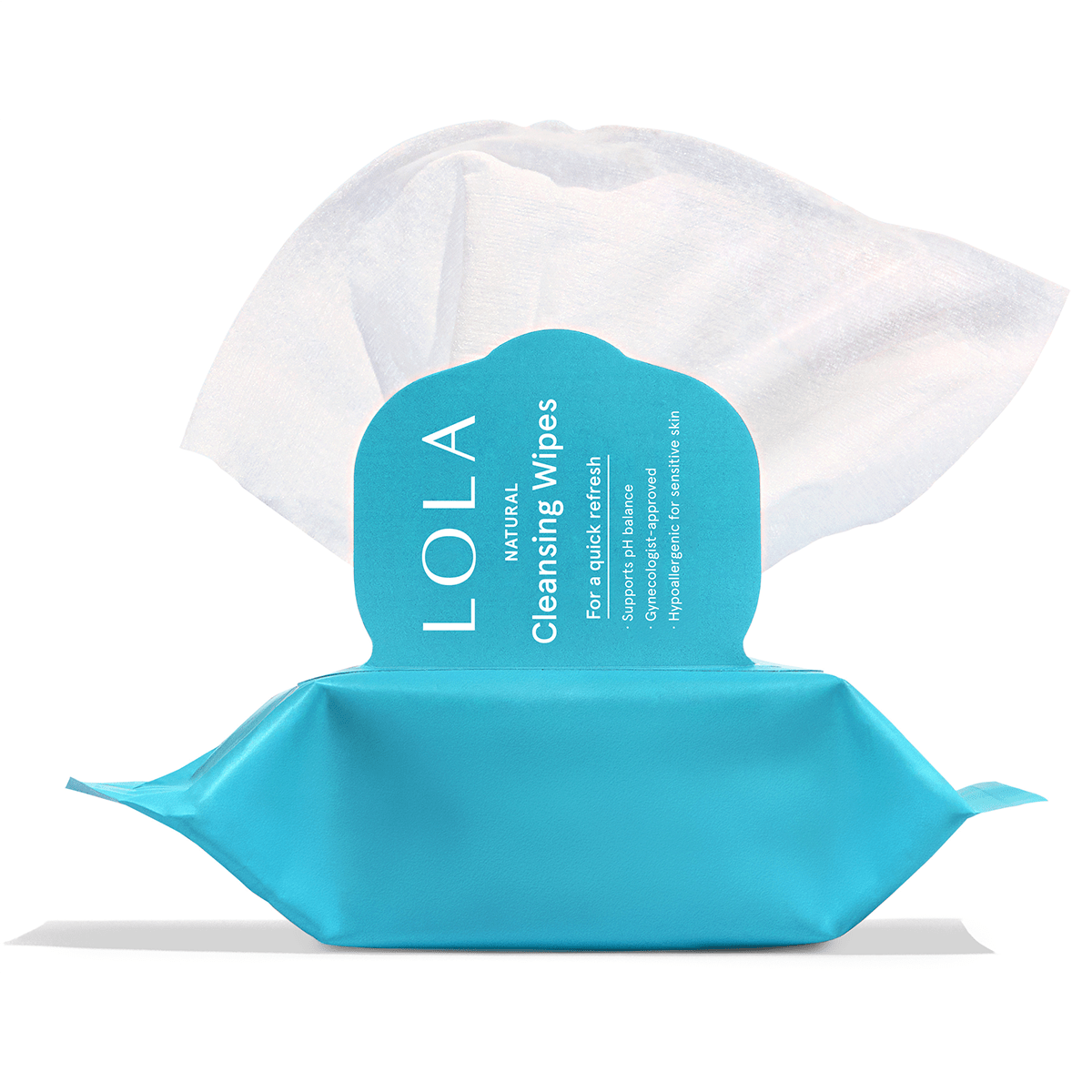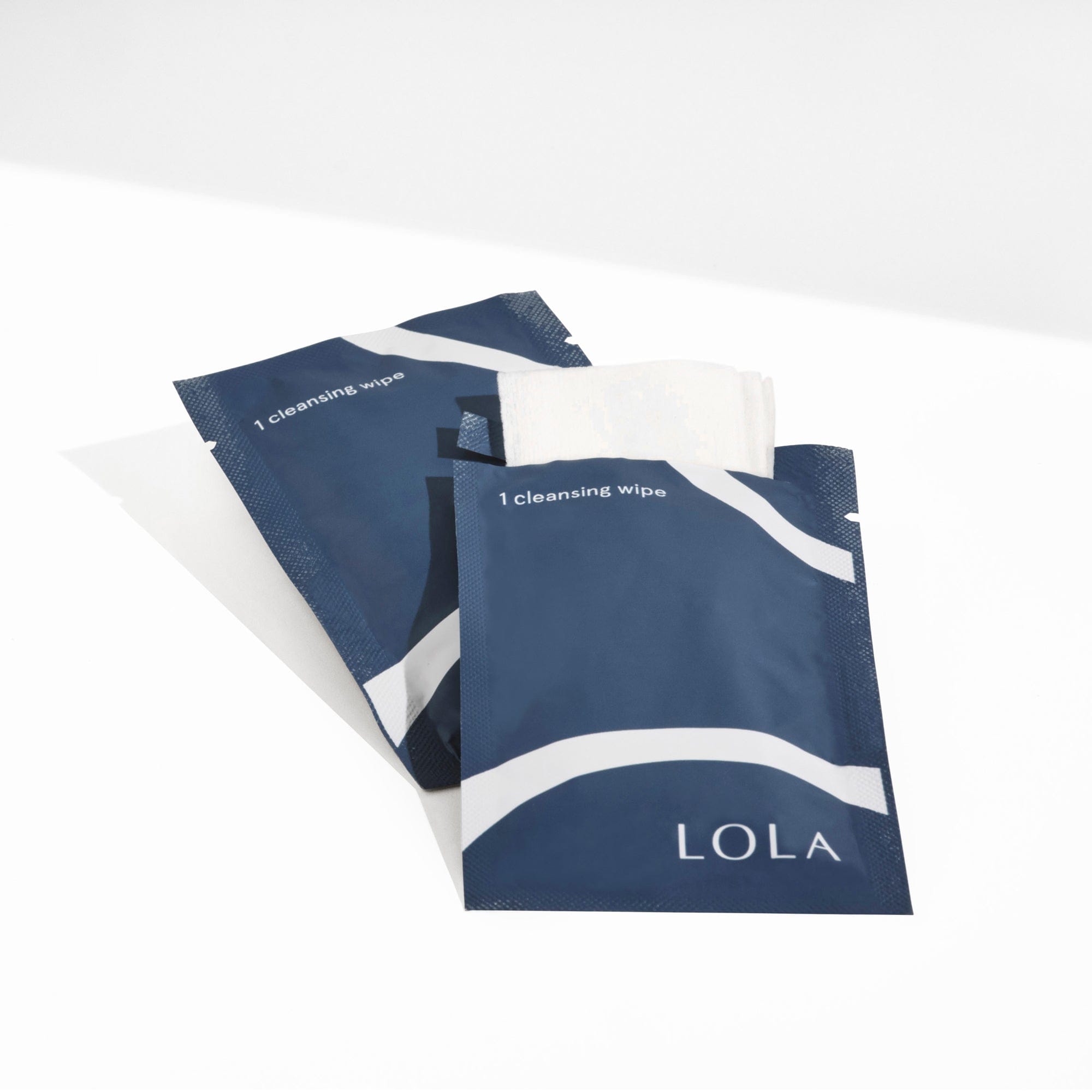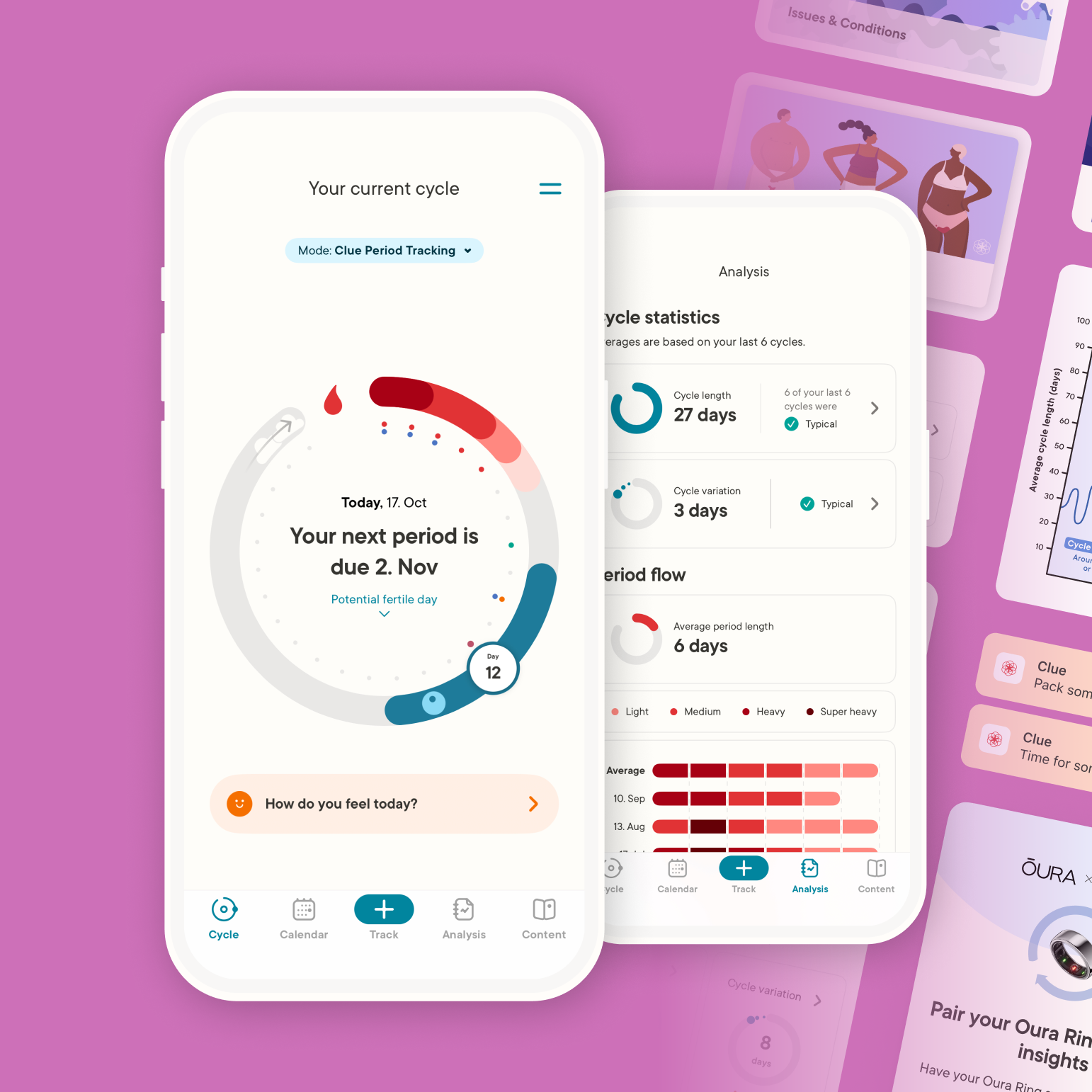The age of puberty has decreased from 14 to 10.5 over the past century, with first periods usually occurring around age 12. Since that's the average, that means some kids are starting menstruation much earlier. Some say exposure to environmental toxins is causing earlier puberty and periods, while others attribute the decline in menstruation age to better nutrition plus a rise in childhood obesity " fat tissue contains estrogen, so the more of it a girl has, the higher her chances of starting puberty earlier.
But as long as a child's period doesn't start at 7 or younger " called precocious puberty, which can negatively affect growth " there are no detrimental physical effects, says Dr. Kathleen Green, an OBGYN at the University of Florida Health Women's Center. And if you're worried about fertility, experts say the age you start your period doesn't affect your fertility or ability to conceive later in life. Here's why:
An egg's life
A female's egg reserves start diminishing the moment she is born and not because of her menstrual cycle, explains Dr. Green.
Starting your period early doesn't mean you run out of eggs. We run out of eggs just because we're getting older, not because of our period.
If you were born with ovaries, you had about one or two million oocytes, or eggs, when you came into this world. Unlike males " who can make sperm their whole life " females are born with a finite number of eggs. (Although, new studies show stem cells can create new eggs. But the research is in the early stages.) By the time you hit puberty, there are only about 300,000 of those eggs left. And during your reproductive life, only about 300-500 of those will mature.
While females who start their period before 11 might go through menopause a little earlier than if they'd started at 13, it's usually only by a couple of years, says Dr Green. And since a woman only has a one percent chance of getting pregnant naturally at 45, that means a slightly earlier menopause " 49 instead of 51 " isn't going to radically affect her ability to conceive.
Other effects of early puberty
The age someone starts their period might not affect fertility, but studies show that females who start puberty early tend to have higher body fat later in life. However, it's unclear if more body fat just leads to puberty or if puberty also leads to more body fat. Either way, research shows girls who go through puberty earlier are at a higher risk for chronic diseases like cancer, cardiovascular disease, and diabetes.
Children who go through puberty before their peers are also at a higher risk of experiencing detrimental psychosocial effects, especially girls. Depression, anxiety, and substance abuse are more common in girls who start their period before 12. Since physical development occurs two or three years before the start of menstruation, experts say conversations about sex education should occur sooner to better prepare kids who might experience puberty earlier.
What if you start your period late?
While some worry about fertility with an early period, what happens if you start late?
"Neither starting early nor late is associated with rate of egg loss," says Dr. Eve Feinberg, an OBGYN who specializes in reproductive endocrinology and infertility at Northwestern Medicine in Chicago. "You do not have a higher egg reserve if you start your period at 16."
But, Dr. Feinberg added, a late start can signal an underlying issue like polycystic ovarian syndrome, which can result in delayed ovulation and infertility. So if you started your period late, and you still experience irregular periods, talk to your doctor. Otherwise, don't sweat it. Dr. Navya Mysore, a primary care physician and director at One Medical, sets the record straight on what is considered an irregular period. "If your cycle length, meaning the time between one cycle to the next is less than 21 days or longer than 35 days, that is considered irregular. Another definition is if your cycle length varies by more than 20 days from month to month." says Dr. Mysore. There's no reason to worry about your fertility just because you started your period early or late.
